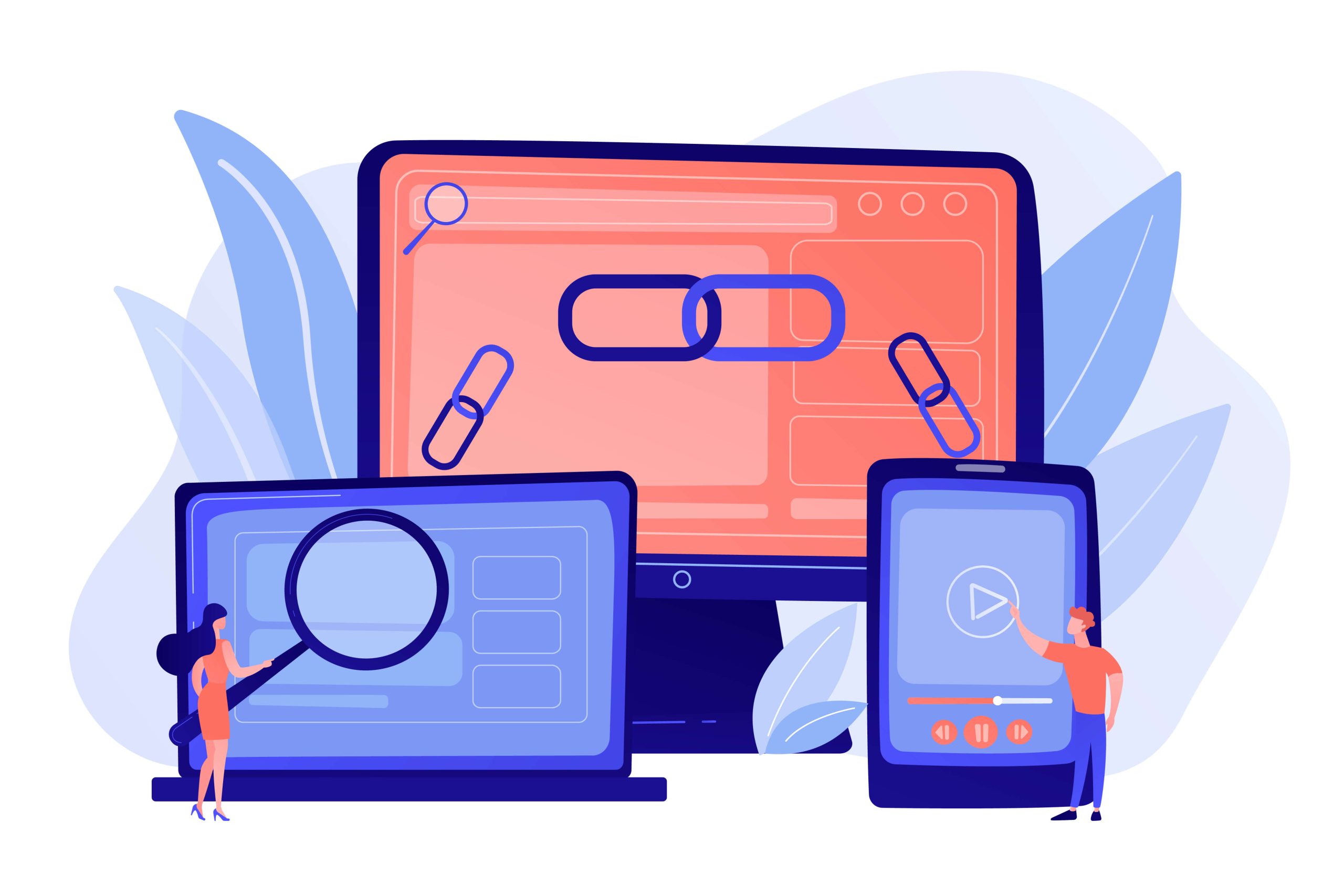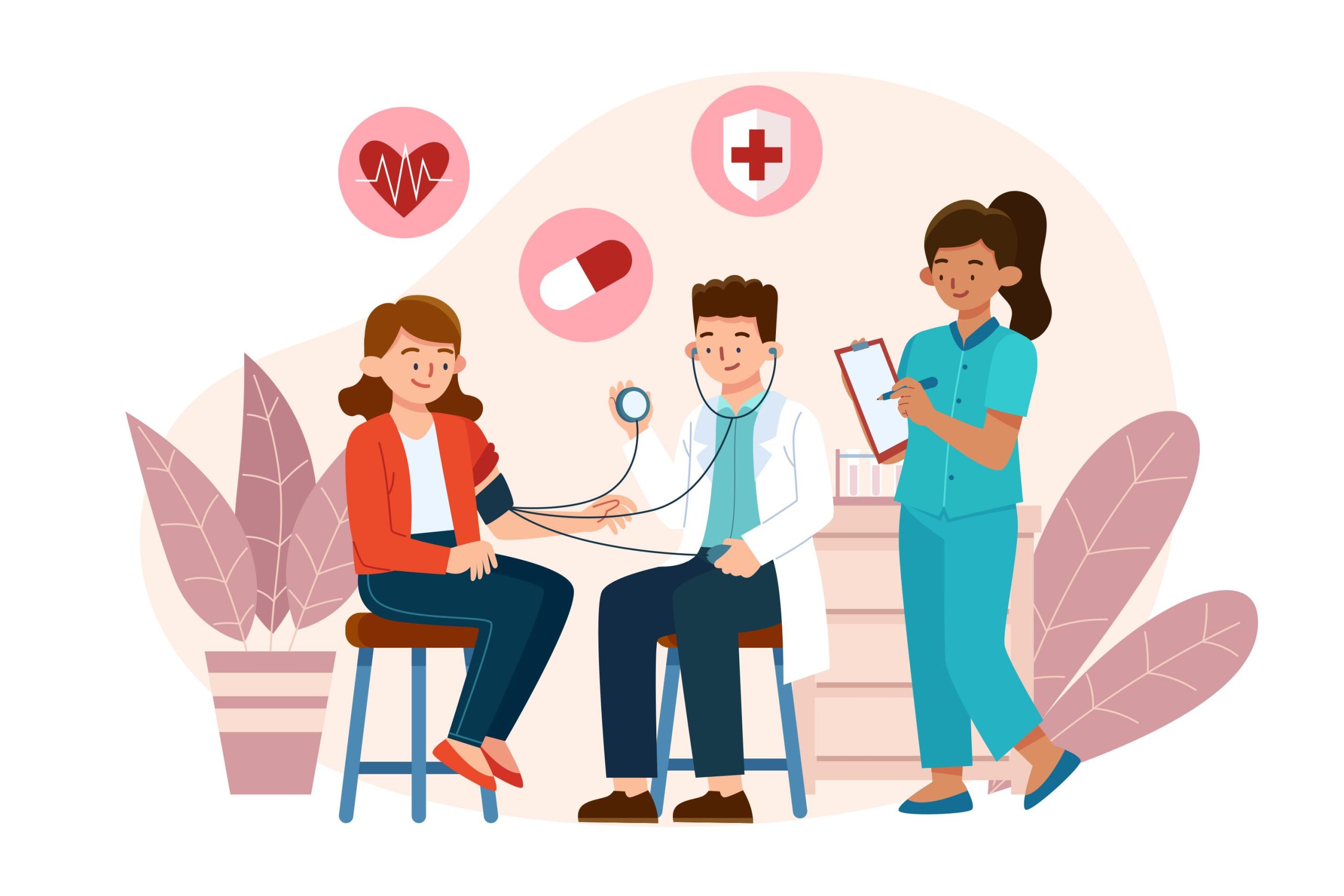No matter the type of work we do or the line of business we’re in, the fact of the matter is that all of us want to make sure we bring true value to our work. Now, bringing value to the table doesn’t only relate to how good and efficient you are at what you do – it also has a lot to do with how easy you are to work with.
When it comes to professional growth, it’s important to understand that it is closely tied to personal growth. Simply put, the more effort you put in developing certain skills in your personal life, the better results you can expect in the professional field as well.
Here, we’ll present just some of the skills that will not only help you become a better person, but a better employee as well.
Patience
Patience is not only a virtue, but it’s also one of the most important soft skills a person can learn and develop. Aside from helping you deal with various situations in life – both personal and professional – learning how to be more patient will also help you reduce stress. It’s crucial to emphasize that learning and perfecting this valuable skill takes time. So, find a method that works for you and rely on it whenever possible. For instance, many employees struggle to remain patient and focused when working, especially those who enjoy smoking. However, this can easily be overcome with the use of no nicotine disposable vape or similar products. Of course, this is just one example of a method that works for some people, so make sure you find your own.
Emotional intelligence
Next, aside from learning how to be patient, you also need to learn how to be more emotionally intelligent. This doesn’t only apply to learning how to understand and recognize your own emotions, but other people’s emotions as well. When working in an office with lots of other people, it becomes mandatory to try and keep the emotions on the down low. Any significant emotional outburst could easily cause unnecessary tension, which could compromise the overall workflow. So, try and do your best to learn how to keep your emotions in check and see if you could – in any way – help others to learn how to do the same.
Communication skills
Naturally, developing your communication skills will not only bring you value in the workspace, but life in general. Learning how to communicate properly is one of the most important parts of personal development we start learning from a very young age. However, even though we spend the majority of our lives learning how to communicate with others, this is one of the skills you should never stop perfecting. There are also three sub-categories of communication skills that include verbal and non-verbal communication, as well as listening. Of course, you should work on improving these as well.
Mediation skills
Mediation plays a huge role in any professional environment. The fact of the matter is that you will find yourself faced with conflict sooner or later. And the way in which you handle that conflict can have various effects on your mental well-being. Handling conflict poorly can lead to heightened stress, which can reflect negatively on your mental health. So, learning how to approach conflict the right way and deal with it properly will bring plenty of benefits. Of course, you need to understand that each person is unique and some will have this skill better developed than others.
Problem-solving skills
Having well-developed problem-solving skills is virtually mandatory in the business world. These will enable you to approach any task or issue you may be having in the most effective and efficient way possible. Learning how to identify the problem will help you structure it more easily. And once you manage to break it down into “smaller” issues, tackling them and ultimately coming up with a solution will be more easily achieved. What’s more, it will also allow you to observe if and how the initial solution performed, which will enable you to gather feedback and improve if and as necessary.
Decision-making skills
Decision-making skills are usually closely connected to problem-solving skills. Simply put, the more developed your problem-solving skills are, the easier you’ll be able to approach decision-making. However, that doesn’t mean that decision-making skills won’t get to shine on their own if properly developed. Instead, you can easily establish yourself as an invaluable employee by taking initiative and making decisions on the spot that will greatly contribute to business in general.
Time-management skills
When it comes to time-management skills, people usually fail to understand the true importance of developing them. Yes, if you have well-developed time-management skills, you will be able to achieve more in less time, thus being significantly more efficient at whatever it is you’re doing. But that’s not all. Good time-management skills will help you become better organized in general, which will also have a positive effect on your mental well-being, aside from everything else. By learning how to organize your time well, you can easily avoid feeling scattered or overworked, which will also reduce the feeling of potential burnout.
Team-working skills
In the end, no matter how many people you are working with on a daily basis, it’s important to learn and develop proper team-working skills. Let’s face it, working with others is not always easy and you most likely won’t vibe with all of your coworkers. However, it’s important to learn how you can all join your forces and work with each other shoulder to shoulder until you get the job done. This applies to both working in a huge team, as well as working with just a colleague or two.
Although these are not the only skills you’ll need to learn and hone in order to become a better employee, they certainly are among the most important ones. As soon as you learn how to truly contribute to the work that needs to be done, and identify which skills will enable you to do so, you can rest assured knowing that everyone else will be able to recognize the value you bring to your working environment.






